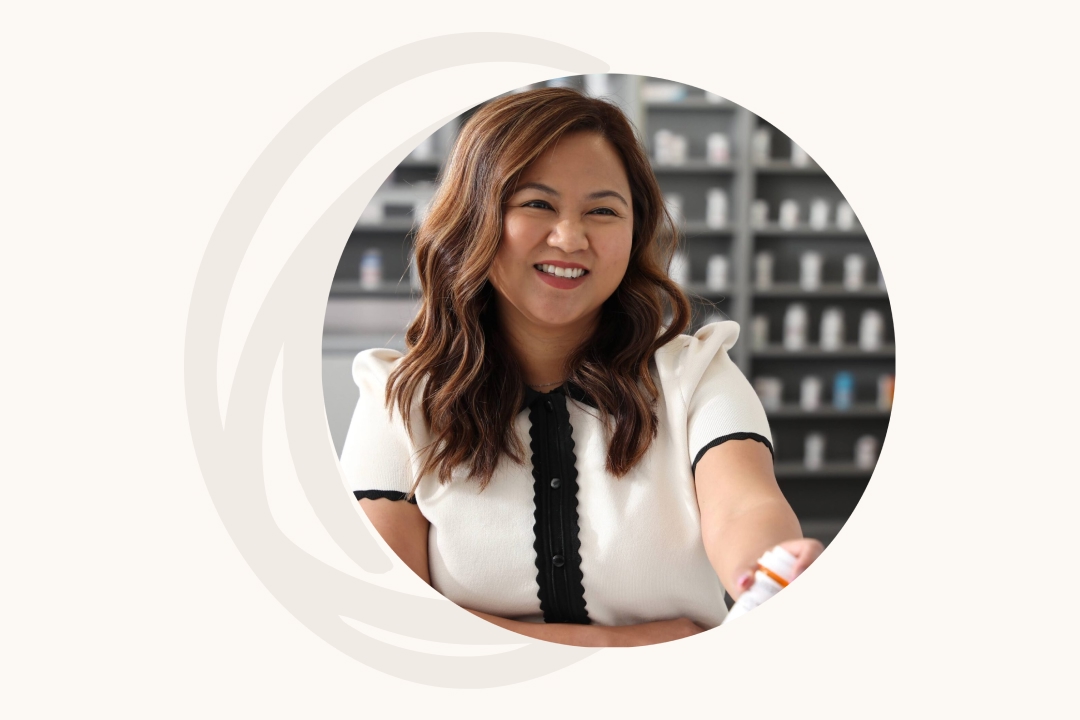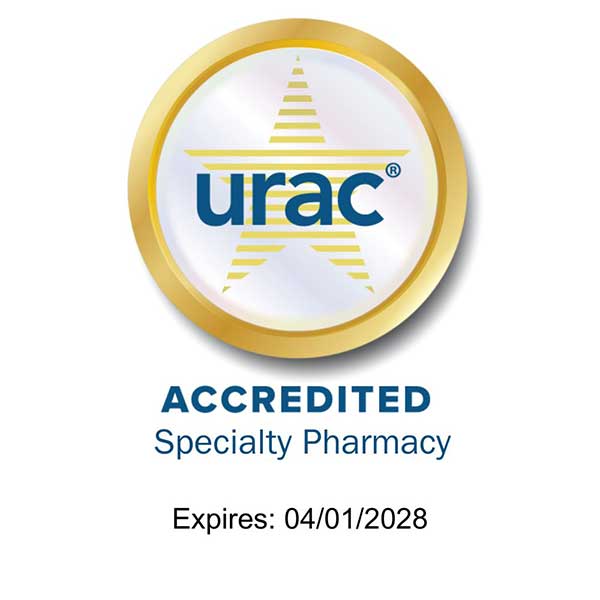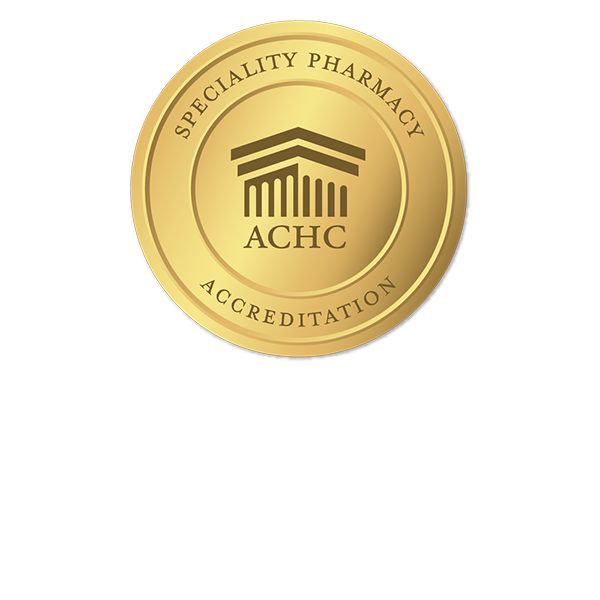
Supporting and celebrating you
Full-service pharmacies that put people first
It takes time to manage complicated medication plans. Genoa can help you by providing a full range of pharmacy services designed to fit your unique needs. Located in mental health and other community clinics, Genoa pharmacists take time to get to know you and your providers. Get started with pharmacy support near you.

Mental health
Mental health pharmacists on your care team.

Assisted living
Pharmacy care specializing in serving assisted living residents.

HIV/AIDS and sexual health
Stigma-free services helping people treat or prevent HIV/AIDS.
730+
Pharmacies across 48 states, plus D.C.
1M+
Consumer encounters per year
500+
Community mental health partners
93
Consumer Net Promoter Score®

It’s easy to transfer your prescriptions to Genoa
Staying on track with medication can be easier when you fill your prescriptions all in one place.
Genoa is amazing. The people that work there – they make you feel so comfortable and loved.
Genoa consumer Dorothy
Our commitment to quality care
We’re proud of our 12 Utilization Review Accreditation Commission (URAC) accredited specialty pharmacies across multiple states. Recognition by URAC, the gold standard in health care accreditation, demonstrates our commitment to providing quality on-site specialty pharmacy care for consumers and partners.

Let's talk
Whether you need someone to lean on or want extra help staying on track with medication, Genoa can help. Contact us to get started.



